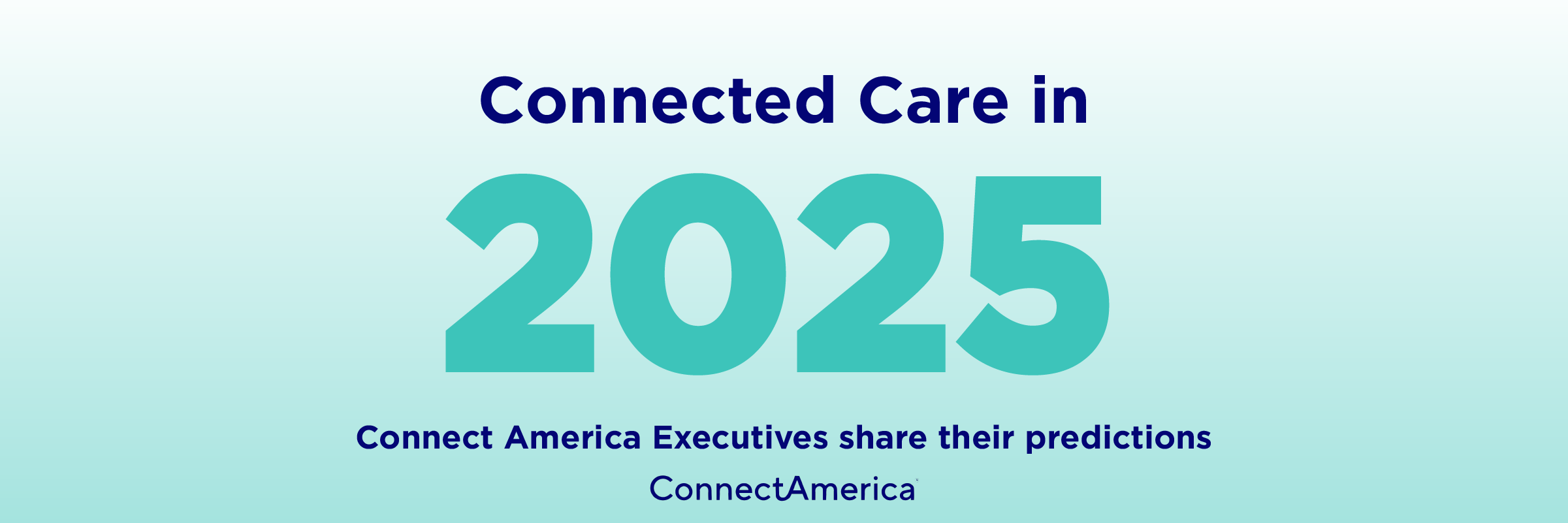We sat down with leaders from across our organization to gather their predictions for the year ahead. In this new series, our executive team will share their perspectives on the future of healthcare, the role of connective care technologies, and more. Every week, we’ll highlight a different leader and their insights into the evolving industry. Read more below:
Rosemary Kennedy: Chief Health Informatics Officer

“The shortage of healthcare workers and the increased demand for services due to a growing aging population are driving a shift toward home-based care. In 2025, more payers and providers will lean toward connected care strategies to help bridge these workforce gaps. Digital health tools such as personal emergency response services, remote monitoring, and AI virtual health assistants will play a key role in extending resources and closing gaps in care through continuous monitoring, real-time alerts and 24/7 support.
These tools enable care teams to identify and address potential complications earlier, improving outcomes, reducing unnecessary hospitalizations and enabling individuals to live safely and independently at home.”
Emily Hyman: Senior Director, Customer Solutions

“Over the next year, digital health technology will help transform healthcare cost management by shifting the focus from reactive care to proactive solutions. Tools that enable remote monitoring of vitals, symptoms, mobility, social determinants, and other health factors will create an ecosystem that provides visibility into the home that the healthcare system has historically lacked. Taking the signals from this in-home connected technology, analyzing, triaging, and routing them to the right people at the right time will drive the early interventions that ultimately prevent avoidable ED utilization and hospitalizations that are so often drivers of high cost of care. As a result, we will see greater sustainability in the healthcare system while also enabling more individuals to age safely and gracefully at home.”

